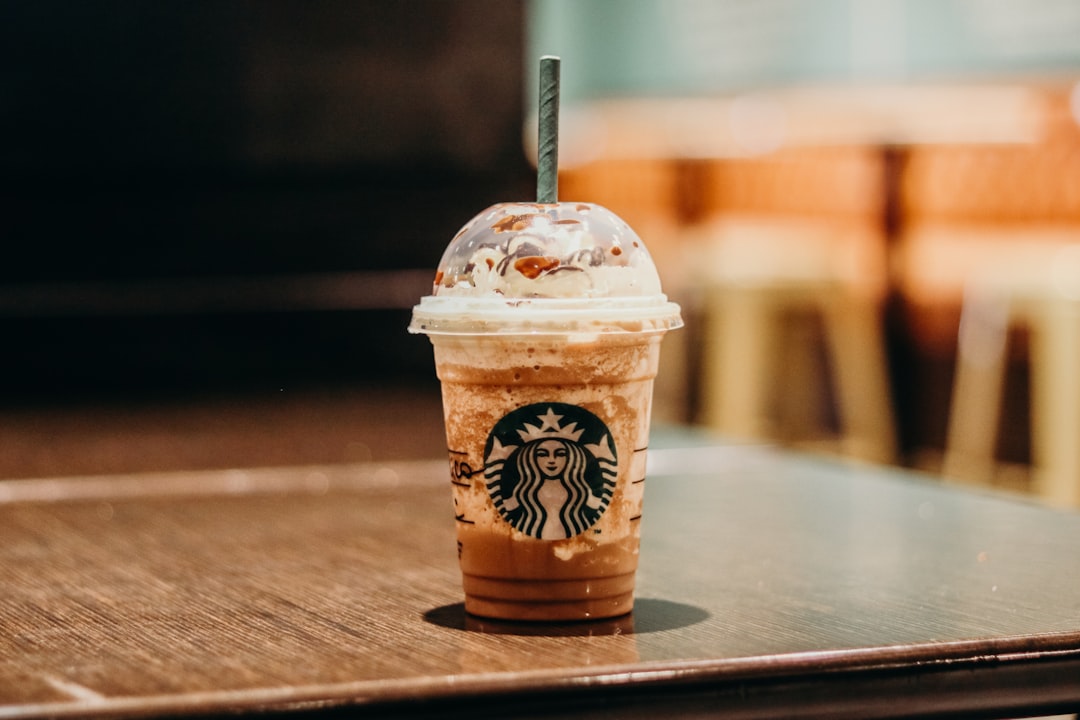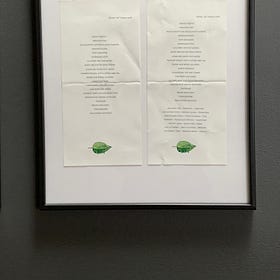Remember NFTs?
Starbucks axed its NFT loyalty test, but they're not out for good

Late last week, Starbucks announced its exit from the metaverse. It’s closing Odyssey, a NFT-based loyalty program, next week. It shut down the Discord server, which acted as a central hub for participants to talk to each other, on March 19.
Former Starbucks Odyssey community lead Steve Kaczynski told Techcrunch in February it had at least 58,000 active participants. “I can promise you those aren’t mostly or all web3 native people … it’s not just web3 people who are participating,” he said. (Web3 refers to a new era of the internet, with decentralized data ownership and control.)
Odyssey was an extension of the company’s popular and praised loyalty program. Participants completed “journeys,” like online games and quizzes, and were rewarded with an NFT, a digital collectible featuring custom art, to prove it. Top participants —Starbucks superfans in the metaverse — were apparently rewarded with a trip to Costa Rica to visit Starbucks’ coffee farms (also per TechCrunch reporting).
I’m rusty on the NFT talk; it’s been a minute since the pandemic-era boom/scramble to harness their community-building power. From the outside, they seem about as productive as wiping groceries with Clorox wipes c. March 2020, and it’s easy enough to push them off as a fad. Though the hype around NFTs may have receded, the utility hasn’t.
In New York, web3 loyalty provider Blackbird announced — and promptly sold out of — memberships to a breakfast club that includes free coffee, tea, and espresso drinks until 11am at a growing handful of restaurants across the city. It’s the kind of cross-restaurant loyalty program we were promised by the young company from the start, including an NFT membership card.
This is an example of the kind of tangible benefits that can be associated with digital tokens, which don’t need to be breathlessly described or extolled to hold value. A couple years ago during what I’d consider peak NFT hype, another NYC-based company called Front of House created some memorable NFTs for hot restaurants like [my personal favorite solo dining spot] Wildair and Dame. Blackbird acquired Front of House a year ago.
And who can forget Flyfish Club, the “first NFT restaurant” originally slated to open last year? It’s not open yet, but now takes care to explain it’s a membership-based private dining club where membership is purchased as an NFT. Even without a dedicated space, Flyfish Club has been running consistent members’ events since its launch. More IRL fun / less metaverse hype.
This newsletter does not yuck anyone’s yum. And besides, we’ve heard over and over (and over) that the future of loyalty is about personalization and differentiation, harnessing tech to give guests targeted attention to encourage repeat business. When NFTs work, they work. But at Starbucks, it seems the masses prefer to take their coffee in real life.
More :
Starbucks ditches its Odyssey NFT program — Techcrunch
So much for Starbucks’ journey into the metaverse — Restaurant Business
Starbucks is giving up on its NFT odyssey — The Verge
In honor of the end of a Starbucks beta test, here are a few good NFT stories on Expedite:
I spent several hundred dollars on food-themed NFTs and here’s what I learned
This week’s edition of Expedite is a guest post from Barb Leung, a fellow newsletter writer, restaurant industry professional, and NFT collector.
About that NFT restaurant...
Last week, much of New York food media reported on Flyfish, the “first NFT restaurant” allegedly coming to the city sometime next year.
Ben Leventhal's Blackbird quietly debuts
“Wonder awaits.” That’s according to a Wednesday announcement written by Blackbird founder Ben Leventhal, giving us a peek at what Blackbird is, exactly. Leventhal explained the company’s first project, a friends and family program for a Brooklyn diner called Gertie.






